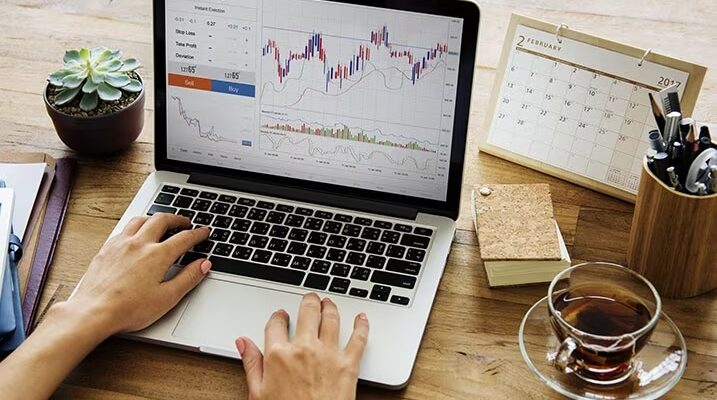Are you ready to take your financial future into your own hands and explore the world of free trading? Free trading is becoming increasingly popular, but it can be intimidating for beginners. In this blog post, we’ll discuss what an open Free demat account is. We’ll also discuss why you should get started with it, what strategies to consider when trading free, and where you can find the most valuable resources. By the end of this post, you will have a better understanding of what free trading entails and how to begin your journey as a successful trader. So let’s dive in and get started on the path to financial freedom!
What is Free Trading and Why Get Started?
Free trading is a form of investment in which an investor can purchase and sell assets without having to pay any transaction fees or commissions. This type of trading allows investors to take advantage of volatile markets and the potential for large profits without incurring the hefty costs associated with traditional investing. With free trading, you can trade stocks, ETFs, futures, options, and currencies without having to worry about paying broker fees or other associated costs.
The goal of free trading is to make money from the market by taking advantage of small price movements in different securities. By using technical analysis and fundamental analysis, investors are able to identify opportunities and capitalize on them quickly before they disappear.
Benefits of Getting Started with Free Trading.
Free trading offers many benefits that will appeal to both experienced traders as well as those who are just starting out on their journey toward financial independence. Some key advantages include:
- Low cost: As mentioned previously, one major benefit offered by free trading is that it eliminates costly brokerage fees associated with traditional investments; this means more money stays in your pocket instead of dipping into the pockets of brokers or other intermediaries.
- Increased liquidity: Another benefit is increased liquidity; since you don’t need to wait for someone else (i.e., a broker) to execute trades on your behalf, you can enter and exit positions at much faster speeds than normal when actively participating in the markets.
- Leverage: Free trading also provides access to leverage which enables traders/investors with limited capital resources to increase their buying power so they can make larger profits from smaller moves in market prices; leveraged positions allow traders/investors to gain greater exposure for less capital when compared with regular long-term investing strategies such as mutual funds or ETFs (exchange-traded funds).




